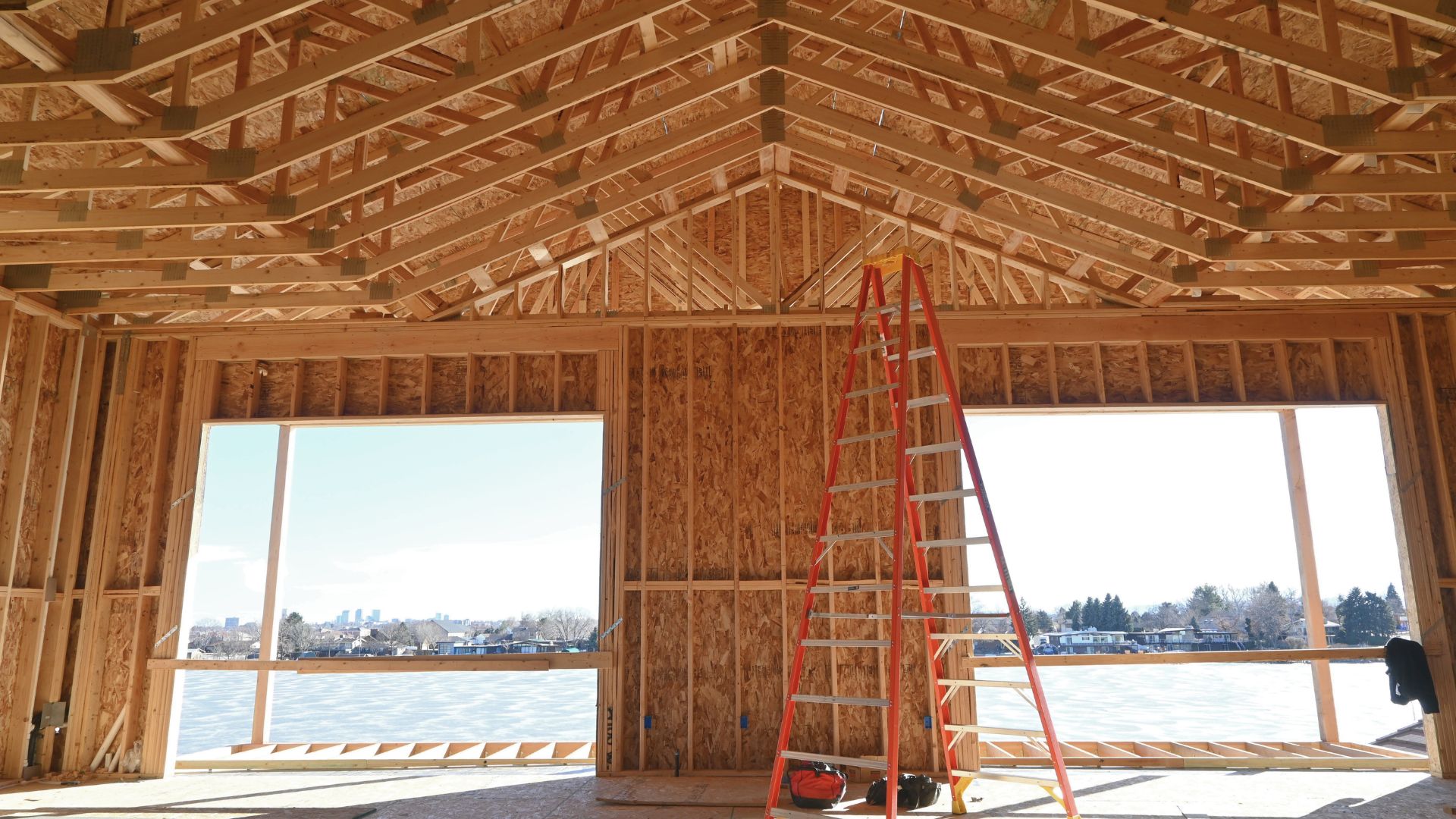
Denver is facing a significant housing challenge over the next decade. According to the city’s Department of Housing Stability, the city will be short approximately 44,000 affordable housing units (Denver7, 2025). While no single solution can address such a gap on its own, one strategy gaining momentum is the construction of Accessory Dwelling Units (ADUs).
ADUs as a Housing Solution
An ADU is a self-contained unit built on the same lot as a primary home. These dwellings may be detached, converted from existing garages or basements, or even constructed as prefabricated units. Builders and designers increasingly view ADUs as a way to add density without disrupting the character of established neighborhoods. As noted by Studio Shed co-founder Jeremy Nova, ADUs provide “a gentler way than single-family infill and multi-family construction” for expanding housing opportunities (Denver7, 2025).
Prefabricated ADUs, like those offered by Studio Shed, are becoming more accessible. These models can serve as short-term rentals, external offices, or affordable housing options. Prefabricated construction also carries potential cost advantages, often estimated to be 15–20 percent less expensive than custom builds, largely due to reduced on-site timelines (Denver7, 2025).
For homeowners seeking to increase property value and provide flexible living options, ADU construction in Denver offers a practical and future-focused solution.
Policy Changes Supporting ADU Construction
Recent reforms at both the local and state levels have removed significant barriers to ADU development. In 2024, Denver City Council passed a measure to allow ADUs citywide, streamlining the process for homeowners. This change expanded eligibility from roughly 36 percent of the city to nearly 70 percent, reducing the need for time-consuming rezonings.
At the state level, new legislation mandates that ADUs must generally be allowed in any area zoned for detached dwellings. The law also limits restrictions that local governments can impose, further lowering barriers to construction. These measures align with the city’s broader effort to address affordability through incremental and distributed density.
Homeowner Perspectives
Local homeowners are beginning to embrace ADUs as a viable housing option. Denver resident Angela Evans began construction on her 680-square-foot ADU in 2024, transforming unused backyard space into a two-bedroom, one-bath unit. She plans to rent the unit at an affordable rate, noting the dual benefits of creating housing while maintaining her neighborhood’s community-oriented character (Denver7, 2025).
For Evans, the process was not without challenges, as paperwork and compliance requirements remain similar to other construction projects. However, she emphasized the social importance of creating opportunities for others to live in desirable neighborhoods. “We just need to create more opportunity in the places that we love, that we benefit from, for folks who maybe have less,” Evans explained (Denver7, 2025).
Permit Trends in Denver
Denver has seen a steady increase in ADU permits since implementing citywide zoning reform. In 2024, the city reported more than 100 permits issued, reflecting stronger homeowner interest (Denver7, 2025). While this figure is modest compared to the overall housing shortfall, it signals growing recognition of ADUs as part of a larger solution.
The Department of Housing Stability acknowledges that ADUs alone cannot close the 44,000-unit gap. However, when combined with multifamily projects, affordable housing initiatives, and mixed-use redevelopment, ADUs provide meaningful contributions to the city’s housing stock while promoting flexibility for homeowners.
Conclusion
Denver’s housing shortage is a complex challenge, requiring both large-scale development and smaller, distributed solutions. ADUs occupy a valuable space within this spectrum, offering affordable rental opportunities, increasing neighborhood density, and giving homeowners new ways to leverage their properties.
With continued policy support and rising community adoption, ADUs are poised to become an increasingly important tool in addressing Denver’s housing needs. For those considering the potential, working with an experienced team like Sustainable Design Build ensures that projects meet city requirements, remain cost-efficient, and contribute to the city’s long-term vision of inclusive growth.
References
- Denver7. (2025, August 1). ADU permits increase as Front Range governments allow easier access to build them.
Connect With Us
Planning your next renovation, or maybe you are looking to do a complete remodel for your home? Whatever the task, it can’t hurt to ask. Reach out to our team through this form.
We can schedule a free consultation and discuss everything you need to get your project moving in the right direction. Did we mention, it’s absolutely free?
